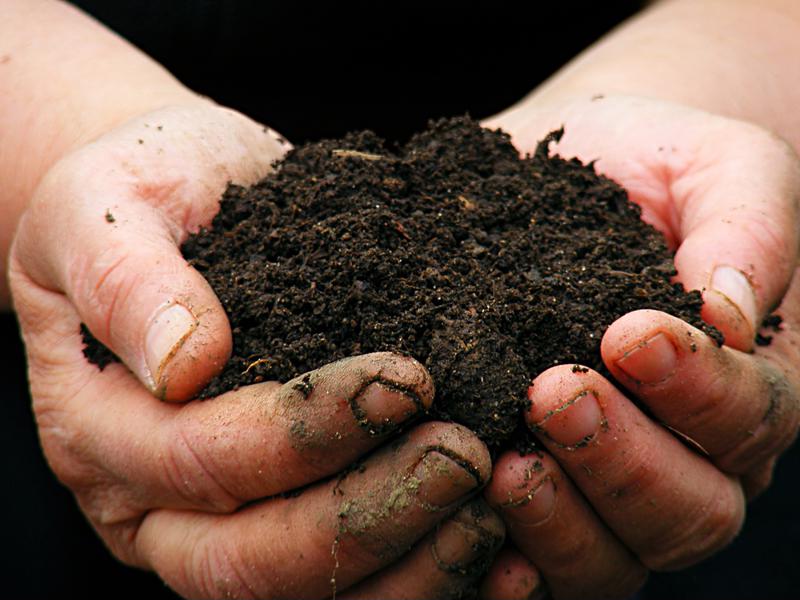Growing your own vegetable garden is beneficial in a number of ways. First, you get the satisfaction of knowing your hard work is producing a good outcome. Next, you have access to fresh vegetables whenever you desire them. Maintaining a vegetable garden can also promote a healthy lifestyle and keep you active. If you're ready for a vegetable garden for your very own, check out the tips below to get you started.
Plan
One of the first steps to creating your own vegetable garden is choosing the most advantageous location for the plot. To do this, you must consider factors like sunlight, soil quality and distance from your home. You'll also need to decide how large you want your garden to be. For first timers, it's recommended that you stick to a smaller plot to avoid becoming overwhelmed.
Dig
After you've decided where your garden will be, it's time to start digging. Start by loosening the soil and spreading an even layer of compost or fertilizer over it. Thoroughly mix this layer into the deeper layers. Once you've mixed your freshly amended soil, spread it out evenly with a rake. Avoid compacting the soil as much as possible. Then, water the area well and allow it to rest for several days. Pantano Power Equipment has a number of tools available to make this job easier for you.
 Make sure your soil is loose, moist and well-fertilized before you plant.
Make sure your soil is loose, moist and well-fertilized before you plant.Plant
Depending on what time of year you are planting your garden and what region you live in, you'll need to decide which vegetables would work best. Use a regional planting map to help you select the best seeds. Follow the package instructions for planting depth and spacing.
Care
It's up to you to make sure you garden survives. If the rain has been scarce and the top inch of soil is dry, be sure to water your garden. Cultivate the topsoil regularly to prevent weeds from taking root, but if you notice weeds, pull them immediately. Occasionally add compost or fertilizer to the soil to encourage healthy growth, but be careful not to over-fertilize. You should also familiarize yourself with which insects are good and bad for your garden. Some insects eat other destructive ones and certain types of worms actually make the soil healthier. Research to discover which pests you should remove and the best methods for doing so.
Harvest
After all your hard work is complete, you should see a good selection of vegetables ready for harvest. Make sure you research the best time to harvest each of your vegetables as readiness schedules may differ across your garden. Be proud of yourself for a job well done, but remember not every garden is successful the first time.
Planting and keeping up a vegetable garden is not only a great way to stay active and get fresh vegetables whenever you want, it's also a fun activity. You can take pride in your hard work as you share your harvest with friends and family. Pantano Power Equipment outlined the advice above to make sure that your first gardening experience goes as smoothly as possible.